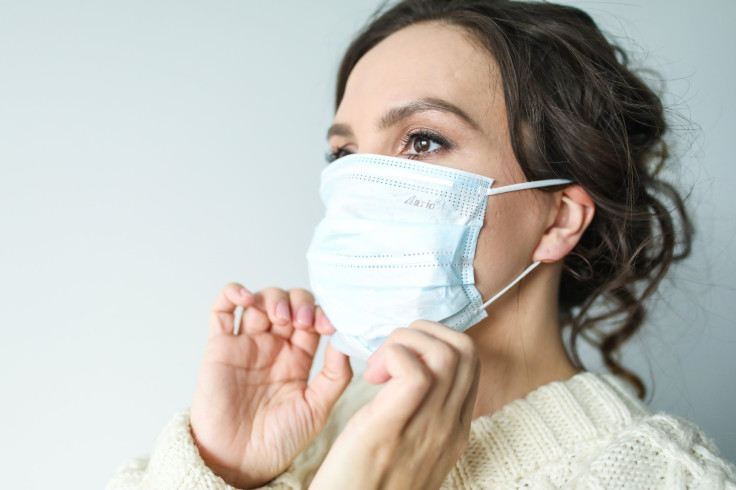Do You Have To Wear A Mask To Vote? States Differ On Regulations
Voters heading to the polls may not have to wear a face mask depending on where they live.
A consensus from the majority of states across the U.S. is that face masks will not be required despite the uptick in coronavirus cases in the U.S., as voters cannot be refused the right to vote if they don’t wear one.
“No mitigation strategies should impede a citizen's First Amendment rights — no voter should be turned away on Election Day,” a spokesperson for Arizona Gov. Doug Ducey told BuzzFeed.
However, while most states are not requiring face masks, others have created separate voting rooms for maskless voters to curb the spread of the virus. Still other locations, such as Washington, D.C., are offering curbside voting for those who don’t want to wear a face mask, the news outlet said.
States that vote overwhelmingly by mail, such as Oregon, are requiring face masks, but nearly all of its voters have already cast their ballots. States like Colorado, Washington, Hawaii, and Utah also vote by mail but will not turn away in-person voters who do not wear a face mask, BuzzFeed said.
Montana and Missouri have left mask requirements up to local jurisdictions while other polling locations are offering masks to those that don’t have them, according to BuzzFeed.
New York has an executive order in place that requires face masks at the polls, but it goes against the state’s election policies that say, “If a voter refuses to wear a mask, poll workers should consider providing the voter the opportunity to cast a ballot using any alternative voting locations or methods available at the poll site, if available,” the election policies said.
But this does not mean that face masks are not encouraged at the polls. Poll workers are required to wear face coverings when on duty, and state governors are recommending that voters wear face masks for protection against the coronavirus.
The U.S. has nearly 9.3 million cases of the coronavirus and over 231,000 COVID-19 deaths, according to the latest data from John Hopkins University.

© Copyright IBTimes 2024. All rights reserved.




















